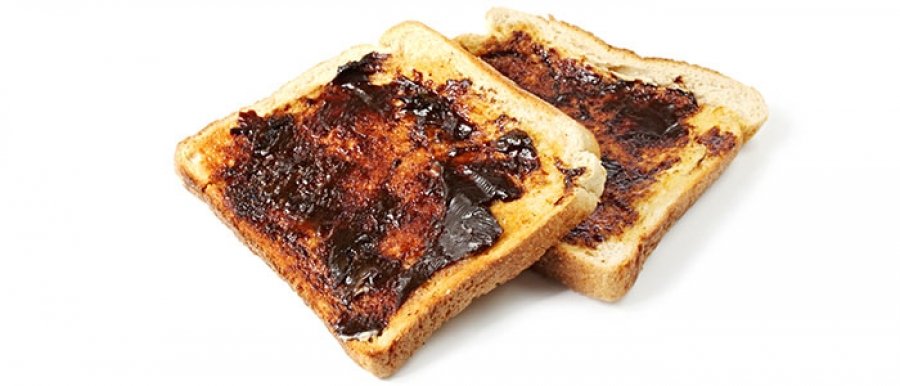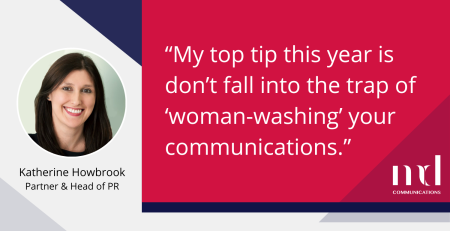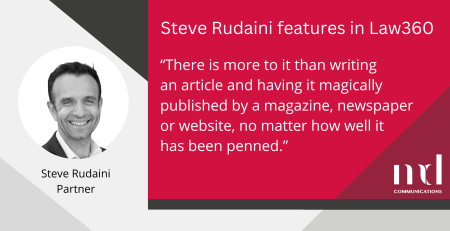What do we think about The Great Marmite Crisis of 2016? It ran from the morning of Wednesday 12 October to the afternoon of Thursday 13 October.
To recap, in case you were having a try-out at a non-communicative religious order that week, Marmite was among the Unilever products that disappeared from Tesco’s online shopping products, and also from some stores.
The apparent cause was Brexit. Or more specifically, the way the pound has tanked since the UK voted to leave the EU. It made imports more expensive, a cost hit that Tesco would like suppliers like Unilever to take, and which suppliers would like Tesco to absorb.
This was a massive story – as it seems Tesco intended it to be. But it became massive because the little brown jar, it turns out, is at the centre of sticky and complex web whose strands touch on close to all the main stories of 2016.
Tesco used publicity as a negotiating tool with Unilever – pitching itself as a consumer champion, fighting to keep prices down.
And that was part of the story. Oh, but it was so much more than that.
If the public didn’t quite get their collective heads round the pre-referendum IPPR, Bank of England, Treasury and CityUK reports on the likely impact of a ‘leave’ vote, then here, suddenly, was a very tangible example of the result.
Voted out? Sorry, no more Marmite. Leaving the EU vanished from the shelves the most visible of British products. ‘Brexit stole breakfast,’ as Bloomberg’s headline put it.
Plenty of the traditional media picked up on this line, but it was also the one that dominated social media – my Facebook newsfeed that day was a sea of little brown jars, full or empty. ‘The horror!’ was one typical comment accompanying an example of the latter.
There was much else going on too. The dispute had a personal back-story that looked personal – Tesco chief executive Dave Lewis arrived after a long career at Unilever. Was this him proving he now had ‘Tesco’ written through him like a stick of rock?
The way supermarkets treat suppliers has also been an issue down the years – using their might to squeeze deals that are ever rawer for the supplier.
It’s been the subject of competition authority investigations, and feelings run high on this. Ask a dairy farmer what they think of the supermarkets’ negotiating style, and you’ll get a pretty blunt response.
For normal citizens and editors alike, this story had everything – pictures, personalities, Britishness, a product that is famously love/hate, and the most emotive political issue the country has faced in generations.
The terms on which the row was resolved between Tesco and Unilever aren’t public.
But I can’t be alone in thinking, given how very brightly this story burned, that those in charge of the ‘Remain’ campaign could have done with fewer authoritative reports, and more spreadable brown goo.












